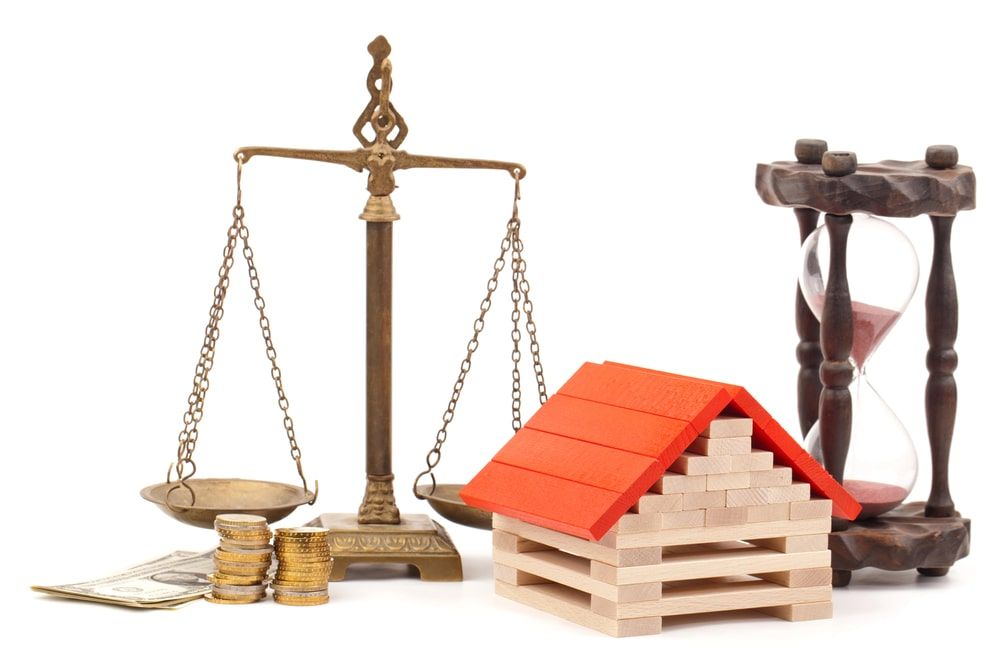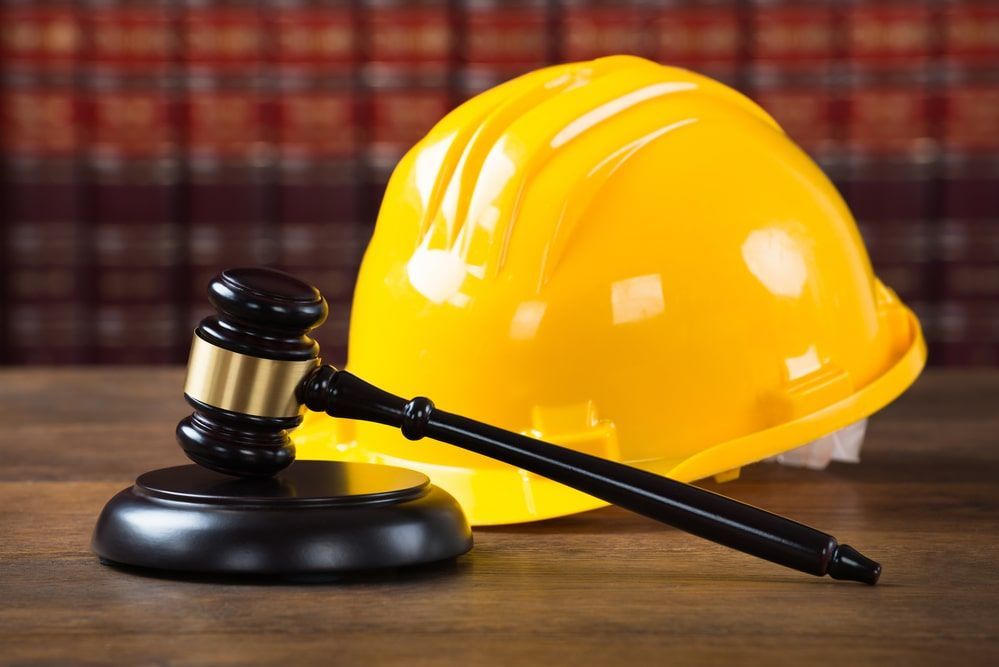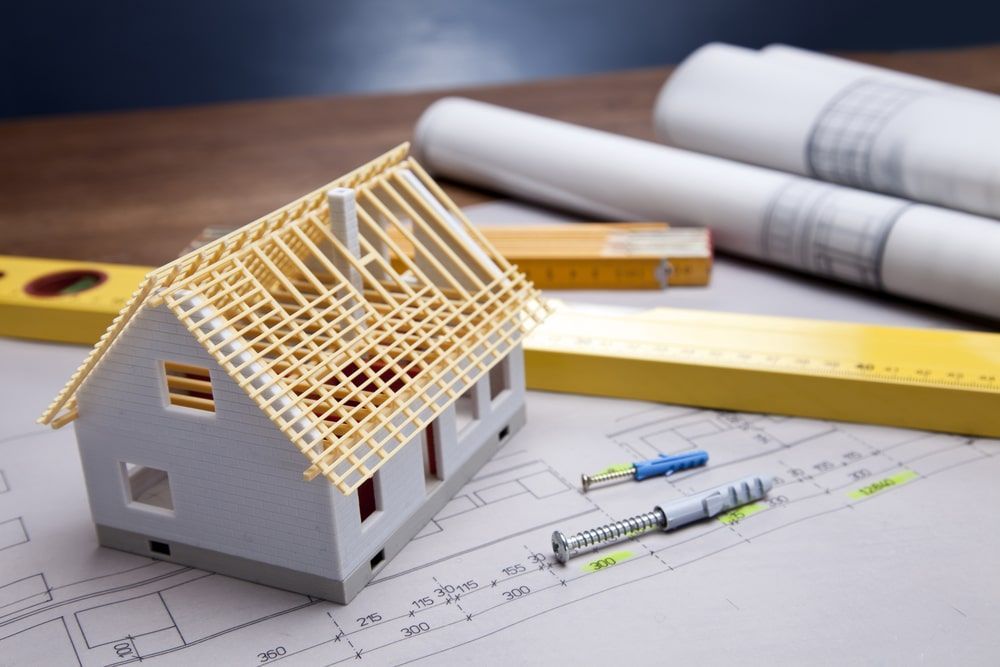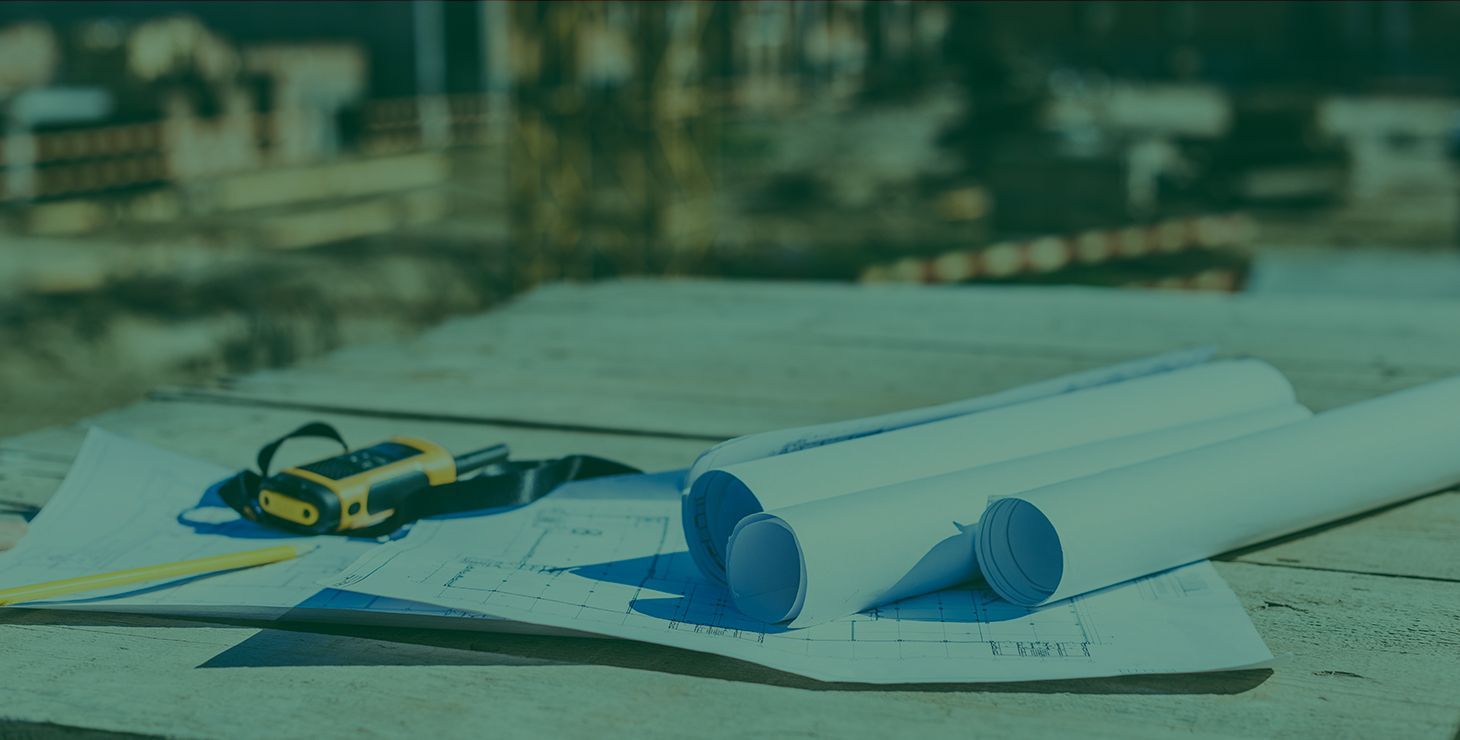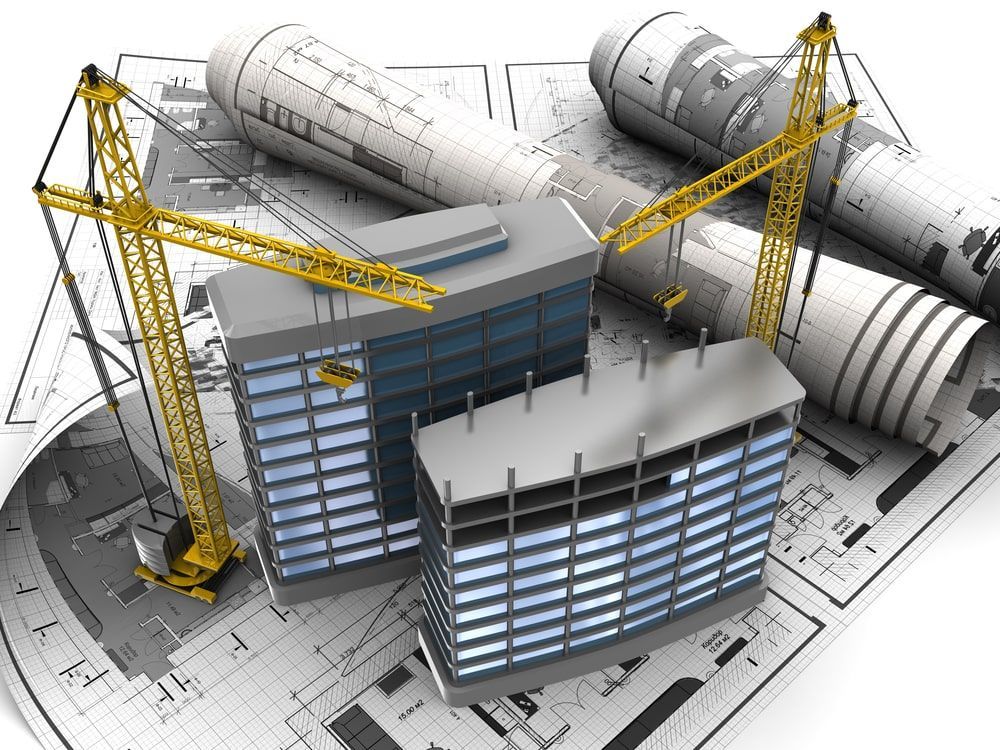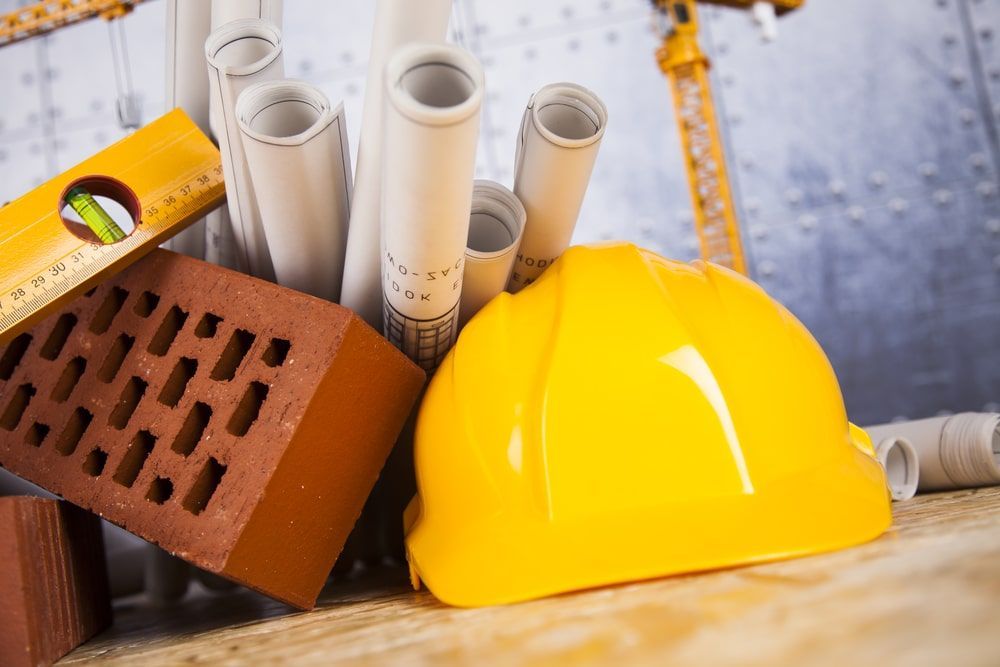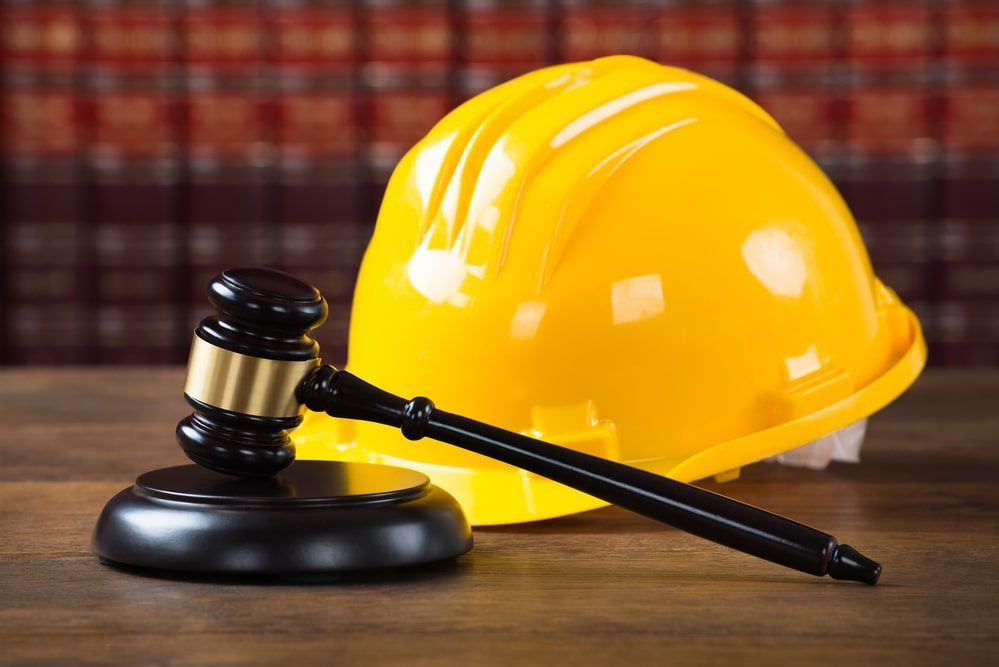What You Need to Know About Construction Litigation in Florida
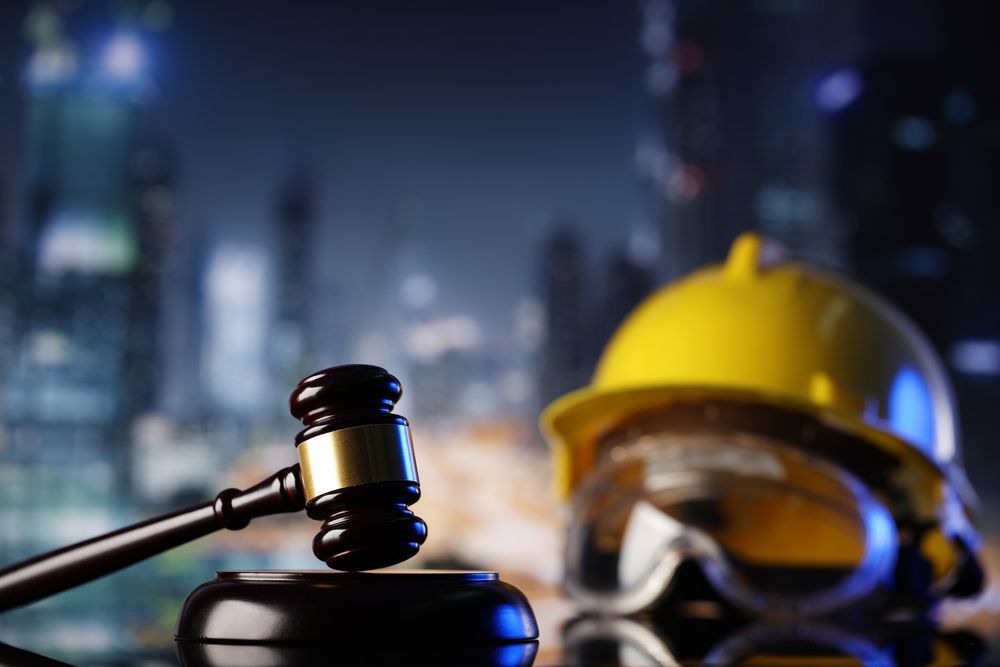
Construction disputes are relatively common within Florida’s construction industry, which remains robust and flourishing.
Disputes can lead to construction litigation, a complex legal process that can become quite daunting for property owners, contractors, subcontractors, or whichever parties are involved in the dispute.
It’s important to understand what’s involved in construction litigation in Florida and what your legal rights and responsibilities are if your dispute heads to court.
It’s also essential to know how to prevent disputes from escalating to litigation, as this can be costly and time-consuming for all parties involved.
Common types of construction disputes in Florida
If the construction work doesn’t meet expectations or costs and delays are unaccounted for, it’s likely to spark a disagreement.
Breach of contract , when one party fails to fulfill the terms of a construction contract or defective construction , where the quality of work is poor or even leads to serious structural issues, are common examples of construction disputes that can lead to litigation in Florida. Payment disputes over unpaid fees to contractors are another common example.
However, other less obvious types of construction disputes also result in litigation. These fall into four main categories, which are detailed below, along with a few tips on how to avoid these types of disputes from escalating to litigation:
Miscommunication or misunderstandings about the scope of work required can bring a construction project to a grinding halt.
Perhaps a subcontractor believes that the work is complete according to the quotation provided while the contractor or property owner insists that there is still work to be done. Most of these types of disputes hinge on contracts and communication.
Without well-written contracts and an efficient way to share information as the project progresses, misinterpretations are almost inevitable at some point. Contracts should be carefully reviewed by qualified legal professionals and effective construction management software should improve communication between the relevant parties.
With better project management tools, project managers, field crews, and property owners/partners can all stay “in the loop” and track progress so that misunderstandings are prevented.
Sometimes, as construction projects progress, the scope may need to change. For instance, the original construction design may need amending due to unforeseen circumstances or safety concerns.
This is a relatively frequent scenario but it can lead to disputes if parties do not see eye to eye on the changes and who is responsible for financing them.
Again, communication is key. Unless the reasons behind the need for changes are clearly explained to all stakeholders, confusion and resentment may result. The need for a change will be less of a surprise if regular updates to stakeholders are provided as the project progresses. This can help prevent construction disputes and litigation.
Every worker in Florida is entitled to suitable working conditions, including construction workers.
Generally, the responsibility for providing suitable site conditions rests with the party commissioning the project but contractors also have a legal obligation to check work sites and identify any issues that might delay or prevent work from being completed as planned.
Undocumented inspections or the recording of any problems with the work site can lead to disputes and delays — especially if a change of scope is required because of a major safety concern.
Construction disputes and litigation can also result from incidents that lead to damage to a property as the project progresses. For instance, electricians, plumbers, or other tradespeople may cause damage that requires major repairs.
However, when many subcontractors are working in the same area, it can sometimes be difficult to identify liability for the damage. Disputes can be prevented by keeping records of sub-contractor responsibilities and understanding what the job site looks like at any given time through photographic or video evidence.
What is the statute of limitations on construction disputes in Florida?
Construction litigation in Florida is bound by statutes of limitations that specify the length of time after a dispute arises that the courts will accept a construction-related lawsuit.
The following deadlines apply:
- Action against contractors or construction companies for “design, planning, or construction of an improvement” resulting from defective materials: four years (extendable to 10 years if the defects are latent )
- Personal injury actions from accidents that occur on the construction site: four years .
- Wrongful death lawsuits caused by catastrophic accidents on the construction site: two years.
- Mechanics liens (if a property owner refuses to pay a contractor/sub-contractor for services rendered per the terms of the contract): one year.
It’s best to speak with a construction lawyer if you are in any doubt about these important legal deadlines.
Key points to note in a construction contract to avoid disputes
How construction contracts are written is one of the most important aspects of avoiding construction litigation and disputes.
The contract will outline the terms and conditions of the construction project and, provided it complies with state laws and regulations, is a legally binding agreement that protects the interests of the parties involved.
The following points must be included in a construction contract to maintain compliance with state regulations:
- Mechanics lien notice : In Florida, if the value of the project is $2,500 or above, the construction contract must contain a mechanics lien notice, informing the property owner that if they fail to pay the constructor the agreed amount upon the completion of work stated in the contract, the constructor has the right to file for a lien on their project work.
- Construction recovery fund notice: If the value of the project is $2,500 or above, the construction contract must inform the party that commissions the construction of their right to recover compensation for losses due to a negligent contractor.
- Contractor license: Contractors must include their license details on all contract documents and communications with clients, e.g., estimates and proposals.
Furthermore, the critical provisions that should be included in a construction contract to avoid the prospect of construction litigation and disputes are:
The scope of work should be detailed, outlining the specific tasks and responsibilities of each party involved in the project. Include project timelines, milestones, deadlines, any modifications that may occur during the project, and any other details that aid clarity and prevent confusion.
Include fair and reasonable payment terms, outlining the payment schedule, amounts, and methods of payment. Also, include any penalties or interest charges that may apply for late payment.
A termination provision outlines the conditions and procedures by which either party can terminate the contract. Reasons may include a breach of contract or non-performance and procedures may include specific notice periods and the disposition of any unfinished work.
As well as comprehensive contract documentation, it’s essential to communicate well with all stakeholders during the project and seek reliable legal advice to avoid construction litigation in Florida.
Contact Our Florida Construction Litigation Team Today
For help with construction disputes of any kind in Florida, call Bennett Legal Group today at 407-734-4559 to arrange a free consultation. Alternatively, complete a short form and let us know the nature of your issue.
The post What You Need to Know About Construction Litigation in Florida appeared first on Bennett Legal Group, P.A..

